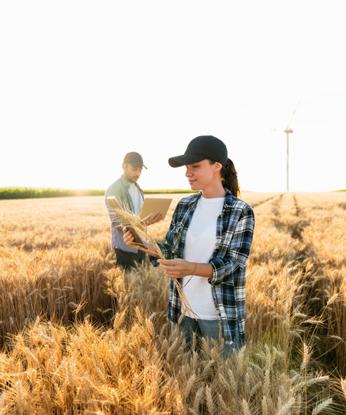Welcome to EU-FarmBook
EU-FarmBook develops an EU-wide open source interactive database. It is the place where farmers, foresters and advisors get inspired to innovate. Materials useful for practice such as videos, user manuals, infographics and much more come together.

